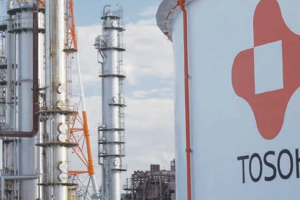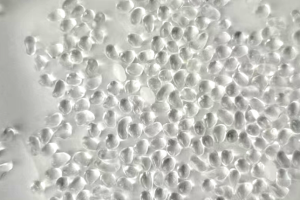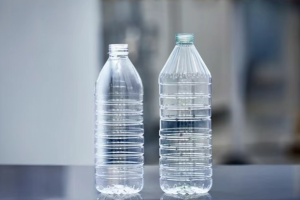May 11, 2025 – The “tariff wave” sweeping across the United States is impacting American daily life in unexpected ways, and even the common cola bottles in people’s hands are not spared. PepsiCo, in particular, has been severely affected.
Going back to the 1970s, driven by cost considerations, PepsiCo relocated its core beverage concentrate production lines to Ireland. At that time, Ireland, with its low taxes and lenient policies, was regarded as a “tax haven” by numerous multinational corporations. This strategic decision provided PepsiCo with a significant competitive edge over the years. It not only greatly reduced production costs and expanded profit margins but also enabled the company to skillfully allocate global resources. “Made in Ireland” once became a crucial pillar for PepsiCo’s global expansion, ensuring a robust supply for the vast U.S. domestic market. However, as AsiaMB has learned, with the U.S. government adding many overseas – manufactured goods to the tax list, PepsiCo products from Ireland may face an additional 10% tariff burden. What was once a safe haven has suddenly turned into the epicenter of a storm.

Facing the uncertainties brought about by tariffs, PepsiCo has already sounded the alarm in its latest earnings report. The company has significantly adjusted its full – year 2025 profit forecast, downgrading the original expectation of “modest growth” to “flat or slightly declining.” This change indicates that PepsiCo’s profit growth prospects for this year are bleak, and there is even a risk of contraction. In fact, before the tariff shock hit, PepsiCo had already been struggling in the North American market. Its market share had been gradually overtaken by its long – standing rival, The Coca – Cola Company, and it was even surpassed by the emerging brand Dr Pepper, dropping to the third place in the carbonated beverage market. This is not just a fluctuation in financial figures but also a dangerous signal of a declining brand appeal. PepsiCo, once regarded as the “choice of the young,” is slowly fading from the of young consumers.
In contrast, although The Coca – Cola Company has not been directly hit by the tariff turmoil due to its production line layout, it has not escaped other impacts. Higher aluminum tariffs have directly targeted its packaging supply chain. James Quincey, Chairman and CEO of The Coca – Cola Company, revealed that the company imports over 300,000 tons of aluminum from Canada each year for beverage can production. The increase in tariffs will significantly drive up these costs, forcing the company to re – plan its packaging strategy. To ease cost pressures, increasing the use of plastic bottles may be an option, but this goes against Coca – Cola’s “green packaging” goals vigorously promoted in recent years. The company has pledged to make 40% of its packaging from recycled materials by 2035, and plastic bottles are far less environmentally friendly than aluminum cans. Finding a balance between cost control and adhering to environmental commitments has become a difficult challenge for The Coca – Cola Company.
In the more than a century – long business competition, the rivalry between PepsiCo and The Coca – Cola Company is a classic. The former has seized market share through aggressive advertising campaigns and a youth – oriented strategy, while the latter has won consumers’ favor with its profound brand cultural heritage. However, with the dramatic changes in the global economic and trade situation, the landscape of the beverage industry is being reshaped. Every aspect, from raw material supply and production to environmental goals and consumer markets, is undergoing profound transformations. Under these new market challenges, the competition between the two beverage giants is no longer limited to flavor innovation and marketing tactics. Instead, it lies in who can adapt to changes faster and precisely find a way to break the deadlock in a complex environment.














